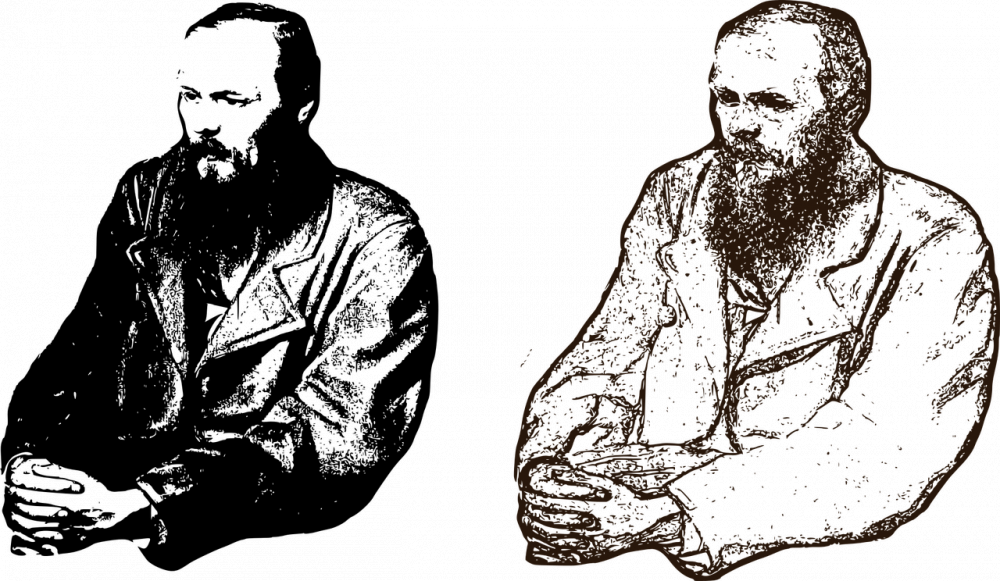Animal Farm by George Orwell: A Critique of Power and Politics

Introduction
Animal Farm by George Orwell is a classic allegorical novella that explores the corrupting influence of power and the dangers of totalitarianism. Published in 1945, it serves as a scathing criticism of the Soviet Union under Joseph Stalin. In this article, we will delve into the significance of Animal Farm for those interested in literature, politics, and history.
A Brief Overview of Animal Farm

Animal Farm tells the story of a group of farm animals who rebel against their human farmer, Mr. Jones, and establish their own society based on the principles of equality and justice. Initially, the animals successfully manage the farm, but soon, the pigs, led by the power-hungry Napoleon, seize control and establish a dictatorship. The novel is an allegory in which each character represents a figure or an idea from the Russian Revolution and its aftermath.
Key Themes Explored in Animal Farm
1. Power and Corruption: Animal Farm portrays the corruption that often accompanies the acquisition and consolidation of power. Through the character of Napoleon, Orwell highlights the dangers of unchecked authority and the potential for individuals to succumb to their own greed and lust for power.
2. Totalitarianism and Propaganda: Another central theme is the manipulation of truth and the use of propaganda to control the masses. The pigs, particularly Squealer, twist and distort facts to maintain their grip on power. This theme serves as a critique of totalitarian regimes that suppress dissent and control information.
3. Class Struggle and Social Injustice: Animal Farm reflects Orwell’s concerns about social inequality and the exploitation of the working class. The animals’ rebellion against Mr. Jones symbolizes the overthrow of the ruling class, but it is soon replaced by a new oppressive regime, highlighting the cyclical nature of power struggles.
Historical Evolution of Animal Farm
Since its publication, Animal Farm has garnered widespread acclaim and has become a staple in both educational and literary settings. Initially, the book faced some resistance due to its controversial critique of the Soviet Union, a key ally during World War II. However, over time, it has come to be recognized as a profound commentary on the dangers of authoritarianism.
Animal Farm has been translated into numerous languages, making it accessible to a global audience. It has been adapted into several stage plays and even an animated film. Its enduring popularity is a testament to its universal themes and powerful storytelling.
Impact and Legacy
Orwell’s Animal Farm continues to resonate with readers, scholars, and political activists alike. Its portrayal of the abuse of power remains relevant in contemporary society, serving as a cautionary tale for those who seek to consolidate power without accountability.
In conclusion, Animal Farm by George Orwell is a thought-provoking novel that explores themes of power, corruption, and manipulation. Its historical significance lies in its critique of totalitarian regimes, particularly the Soviet Union under Stalin. Animal Farm’s enduring popularity and widespread recognition highlight its lasting impact on literature and political discourse. As readers, we must strive to learn from Orwell’s powerful allegory and remain vigilant against the dangers of unchecked authority.





